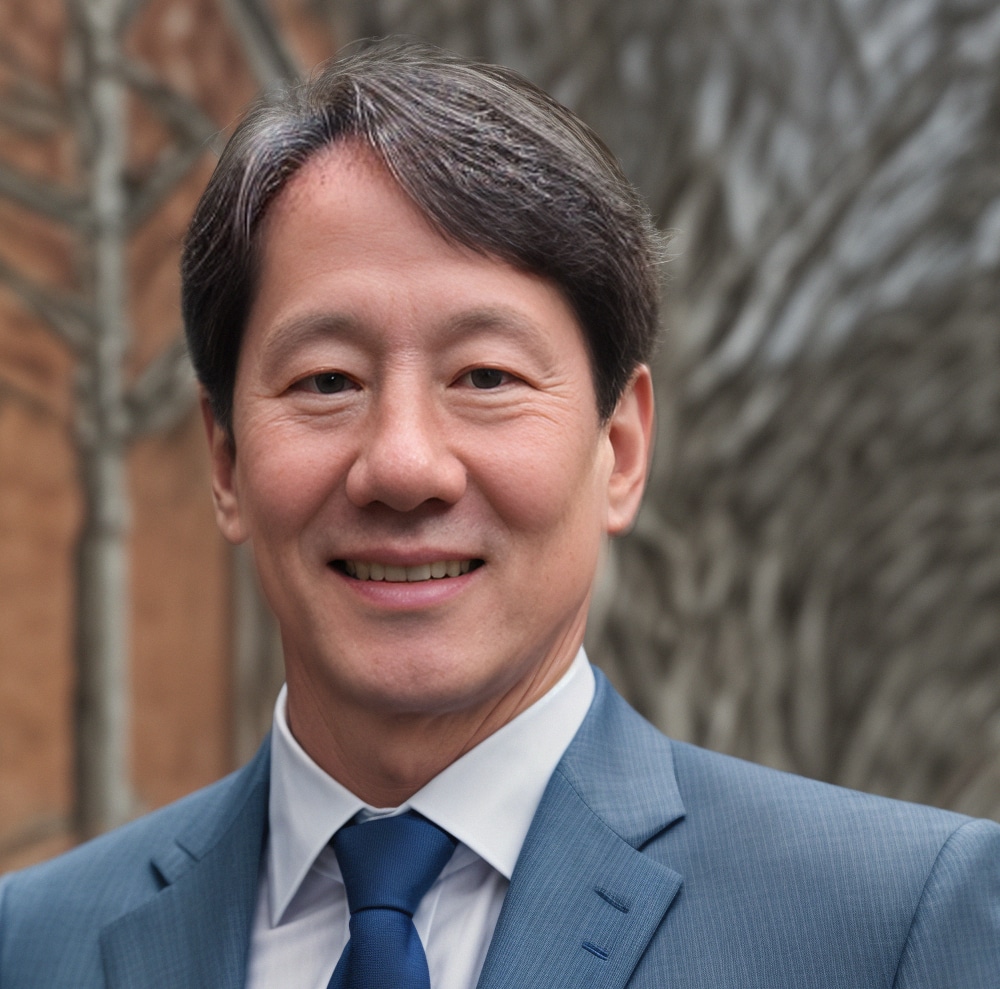With Increased Costs and Enrollment Challenges, Union Leaders Examining Revenue Sources, Challenges
The State Of the College Union
Part four
Editor’s Note: This is the fourth installment in a year-long, four-part series entitled The State of the College Union that looks to analyze the most current and affecting issues facing ACUI’s members. The fourth part in the series, written by Mark Guthier and Rich Steele, is designed to examine the financial issues facing student affairs leaders and their operations. By exploring the financial challenges and revenue drivers that are currently influencing student union operations, Guthier and Steele use ACUI member surveys and interviews, along with current data, to illuminate the major influences and creative responses to an environment of rising costs and pressure to increase revenue.
It is no understatement that the years following the pandemic have created financial challenges throughout higher education. In fact, according to the most recent Standard & Poor Global Ratings on the higher education sector, those challenges had already been brewing in the post-Great Recession decade at the doorstep of the pandemic.
Please login to read the full article. Bulletin featured articles are only available to those at Full and Premium Tier member campuses, as well as retiree members.
Authors
-
Mark Guthier, J.D. is currently the associate vice chancellor for student affairs and executive director of the Wisconsin Union at the University of Wisconsin–Madison. The Wisconsin Union, founded in 1907, is a campus-wide system of programs, services, and facilities responsible for building community for 60,000 students, faculty, and staff. In addition, as one of the last unions in the United States with an active membership program, the Wisconsin Union provides programs and services for over 100,000 lifetime members. His additional responsibilities include the center for leadership and involvement, fraternity and sorority life, conference centers, and student affairs advancement. With an annual operating budget of over $60 million, the organizations within student leadership and community engagement produce more than 2,000 programs and events annually and host nearly 73,000 meetings in their four main facilities: Memorial Union, Union South, Pyle Center, and Fluno Center. He is a past president of ACUI and in 2017 received the Association’s highest honor, the Butts-Whiting Award, to recognize his significant contributions to the college union and student activities movement.
View all posts Associate Vice Chancellor for Student Affairs and Executive Director of the Wisconsin Union -
Rich Steele has served as chief executive officer of the National Association of College Auxiliary Services (NACAS) since February 2024. He has 37 years of higher education experience, including 30 years of college auxiliary services expertise. He is the former director for student center and auxiliary services and senior director for auxiliary services at the Georgia Institute of Technology, where he was responsible for the university bookstore, dining services, student center, vending, laundry service, postal services, retail services, childcare, and event venues. He also oversaw the campus golf course, campus card program, trademark licensing, print & copy, and university banking at other universities. Recently, he served as the interim associate vice chancellor for campus enterprises at North Carolina State University, associate vice chancellor for business services, and associate vice chancellor for facilities management at the University of North Carolina–Charlotte. Steele served as president of the Association of College Unions International (ACUI) in 2008 and has served as president of multiple non-profit corporations affiliated with campuses where he worked. His expertise in college auxiliary services was recognized by his election in 2016 as president of NACAS-South.
View all posts Chief Executive Officer of the National Association of College Auxiliary Services (NACAS)


